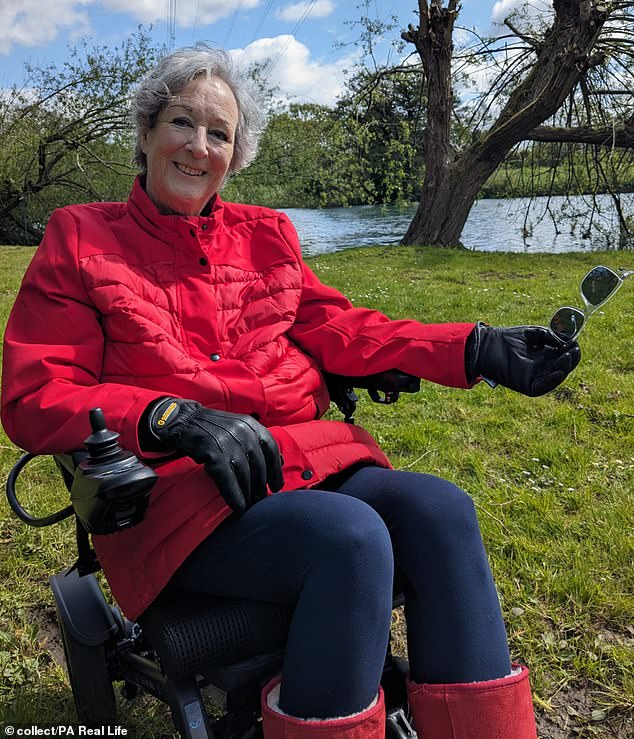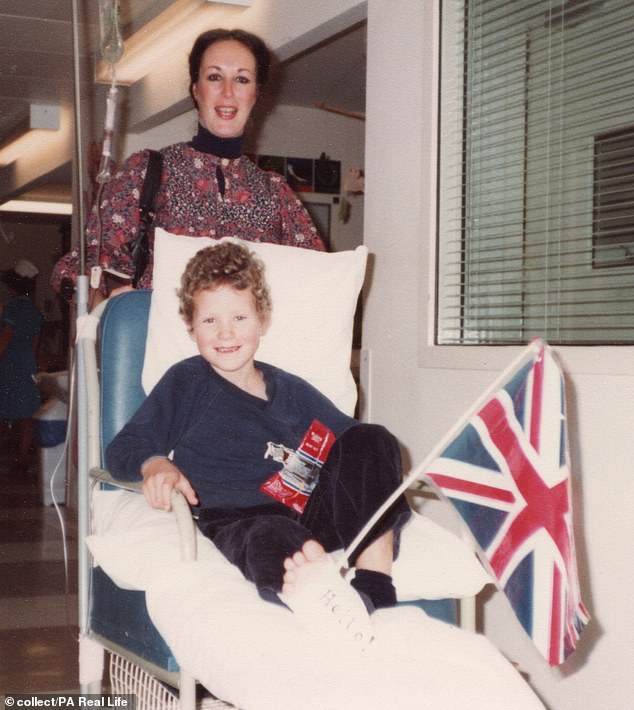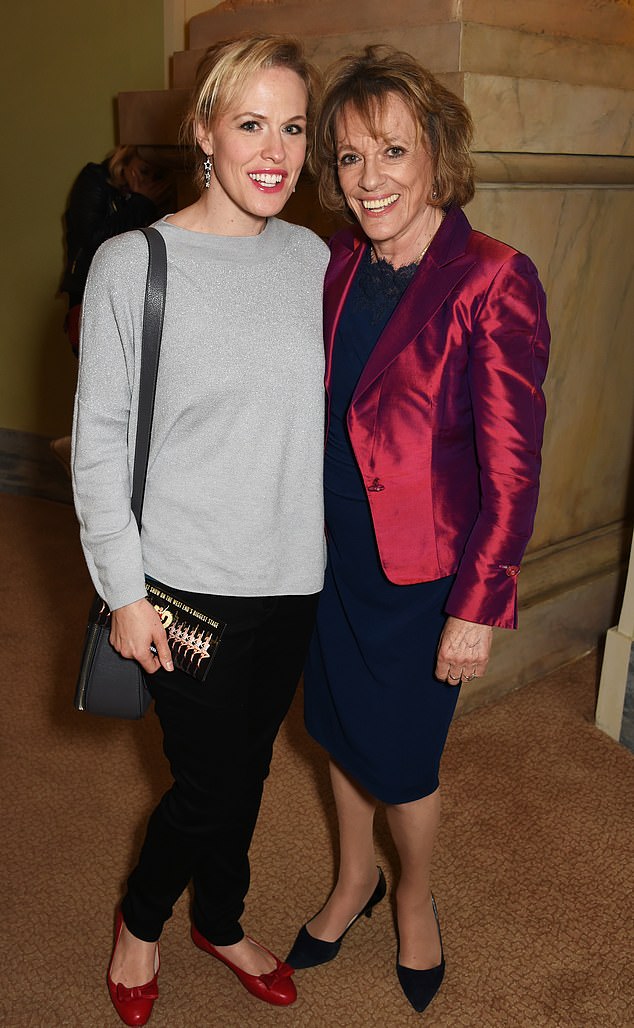A dying mother has admitted murdering her terminally ill seven-year-old son by using a large dose of morphine to “quietly end his life”.
Antonya Cooper, from Abingdon, Oxfordshire, said her son Hamish had stage 4 cancer and was in “a lot of pain” before his death in 1981.
The brave young man had been battling neuroblastoma, a rare cancer that affects children, since he was five and was given just three months to live.
And despite 16 months of “beastly” cancer treatment at London’s Great Ormond Street Hospital, Hamish’s incurable disease had left him in constant agony.
Now facing her own battle with terminal cancer, Ms Cooper has described in harrowing detail how she helped her son die after he begged her to ease his pain.
Antonya Cooper, from Abingdon, Oxfordshire, said her son Hamish had stage 4 cancer and was in “a lot of pain” before his death in 1981.

Now facing her own incurable cancer, Ms Cooper has spoken out about how she gave her son a “huge dose” of morphine to “quietly end his life”.
“Last night when Hamish said he was in a lot of pain, I asked him: ‘Do you want me to take the pain away?’ and he said: ‘Yes please, Mum’,” Mrs Cooper told BBC Radio Oxford.
‘And through his external Hickman catheter, I gave him a large dose of morphine that silently ended his life.’
The dying 77-year-old was asked by BBC Radio Oxford if she thought her son knew she intended to take his life.
“I feel strongly that the moment Hamish told me he was in pain and asked if I could help him with the pain, he knew, he knew somehow, what was going to happen,” she said.
“But obviously I can’t tell you why or how, but I was his mother, he loved his mother, and I loved him completely, and I wasn’t going to let him suffer, and I feel like he really knew where he was going.”
She continued: “It was the right thing to do. My son was going through terrible suffering and intense pain. I wasn’t going to let him go through that.”
Ms Cooper’s admission comes amid her fight to change the law on assisted dying.
Assisted suicide (the act of intentionally helping someone end their life) and euthanasia (the deliberate ending of a person’s life) are both illegal in the UK.
Ms Cooper’s admission to the BBC could now expose her to a possible police investigation.
Asked if he understood he had potentially admitted manslaughter or murder, he told the radio station: “Yes.”

Hamish, patriotic, with a Union flag on his hospital bed. He spent 16 months undergoing “beastly” cancer treatment at Great Ormond Street Hospital after being diagnosed aged five.
“If they come 43 years after I allowed Hamish to die in peace, then I will have to face the consequences. But they would have to be quick, because I am dying too,” Cooper added.
Hamish died at his home on 1 December 1981.
Antonya said the death of her beloved boy was like an “amputation” and that she “will never get over it.”
Mrs Cooper has been diagnosed with incurable pancreatic cancer and is undergoing chemotherapy, which she says is making her feel “very unwell”.
She now wants to campaign for assisted dying laws to be changed in the UK, joining the likes of Dame Esther Rantzen.
Dame Esther, best known for presenting and producing the hit BBC show That’s Life!, is one of the country’s best-known advocates for assisted suicide, after being diagnosed with stage four lung cancer last January.
Last December, he revealed he had checked into Dignitas, Switzerland’s best-known assisted suicide clinic, and said he “might go to Zurich” if his complex cancer treatment doesn’t work.
In England and Wales, assisted suicide can be punished with a maximum prison sentence of 14 years.
But despite the enormous personal risk, her daughter, Rebecca Wilcox, hinted that she would help her mother attend a Dignitas clinic.
TV presenter Wilcox wrote in Saga magazine: “If she goes – which would be her only option for assisted dying at the moment – she will have to go alone. It is against the law to accompany her. I would face prosecution for manslaughter and could get up to 14 years in prison.”

Despite the huge personal risk, Dame Esther Rantzen’s (pictured, right) daughter Rebecca Wilcox (pictured, left) hinted she would help her mother attend a Dignitas clinic.
‘Even if it doesn’t go to trial, many people face a two-year investigation. I have a young family with two children, a busy household and a complex job. I shouldn’t have to risk going to prison just to keep my mother company, but I’m not sure I can let her go alone.
‘It’s an impossible decision to make: either I risk possible prosecution at the worst time of my life, when I have just lost my beloved mother, or I do the unthinkable and let her die alone in a foreign country with no one she knows or loves to hold her hand.’
Wilcox added: ‘The idea of her dying is really abhorrent, but the idea of her dying in pain is unthinkable.
“Her health is not very good and her illness has no cure. The prognosis could lead to a painful death that will not be alleviated by palliative care or opioid painkillers.”
Ms Cooper is now trying to come to terms with her own incurable cancer four decades after her son’s death.
She added: “I’m not a religious person, but there’s a little voice inside me that thinks it would be wonderful if I could hug Hamish again.”

